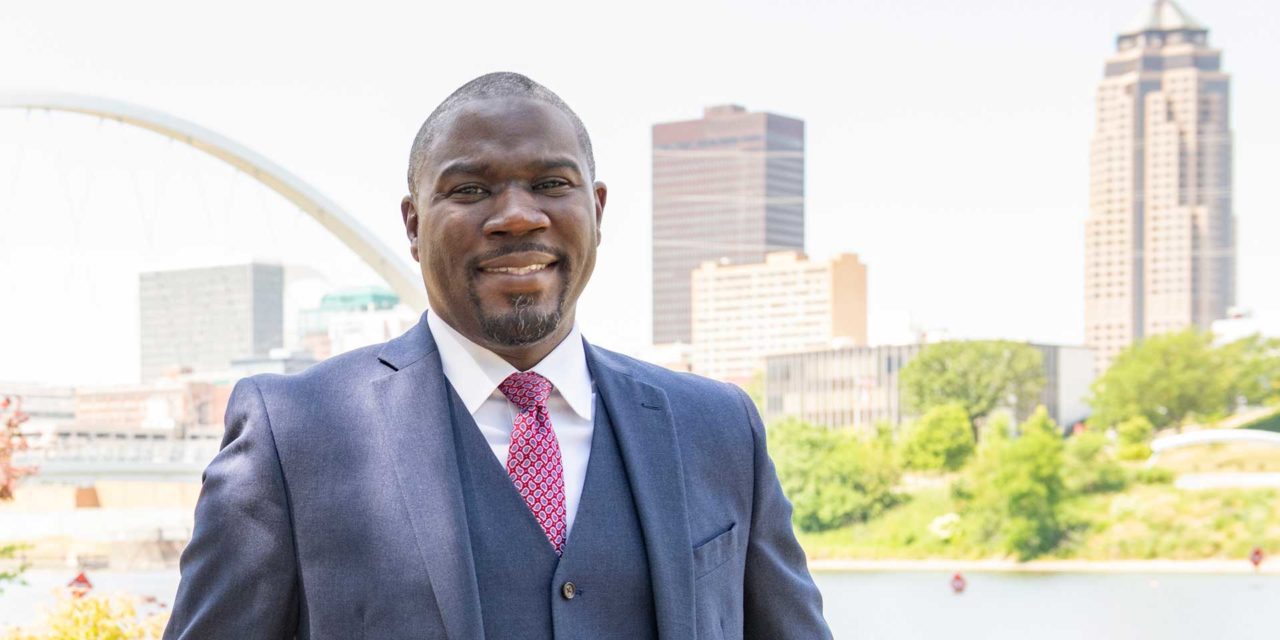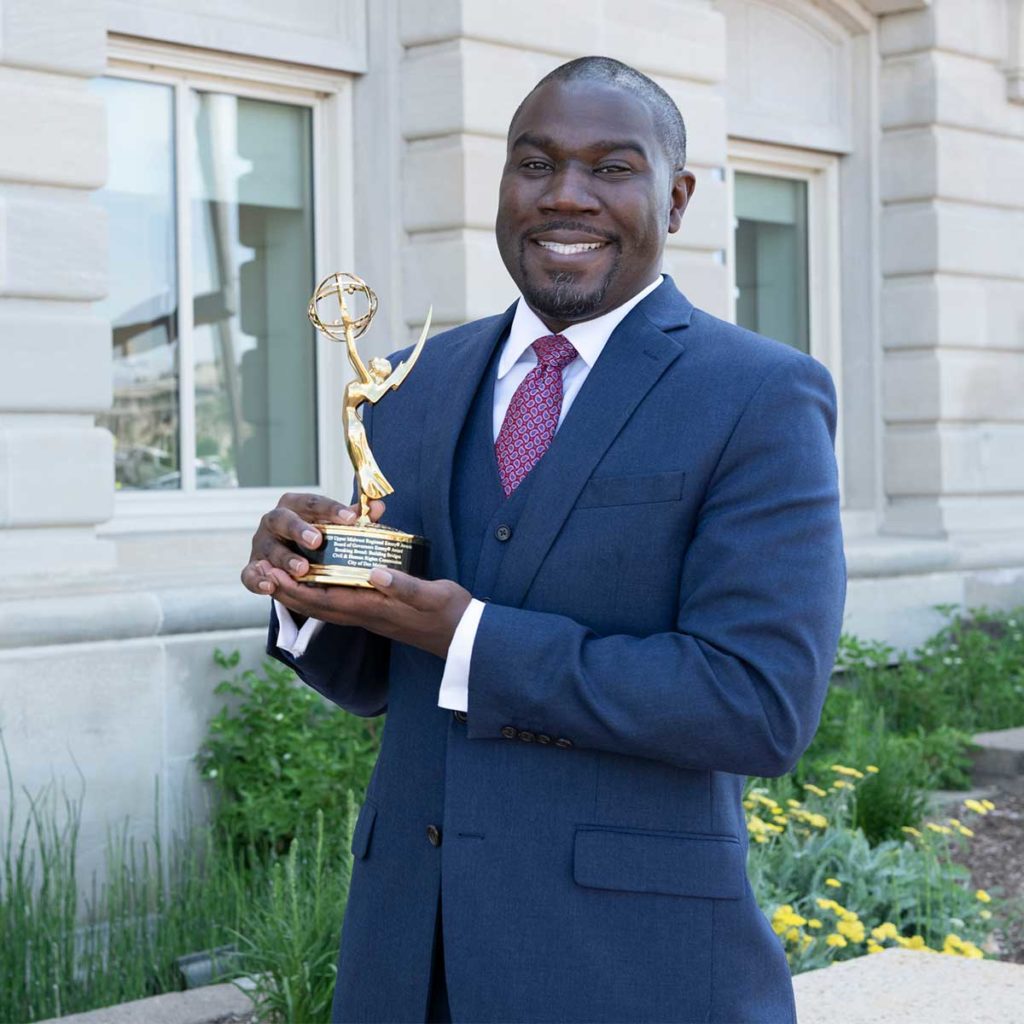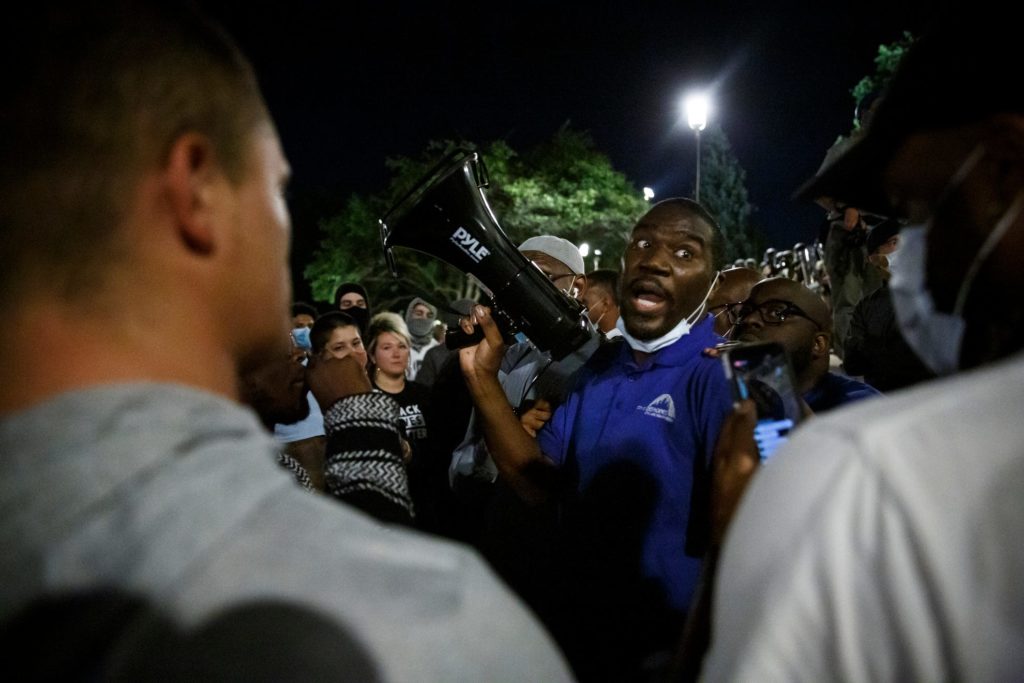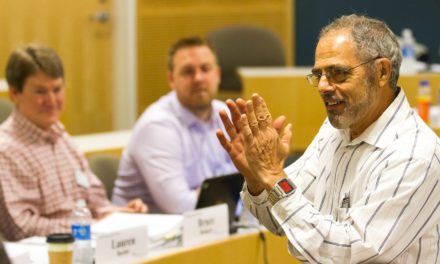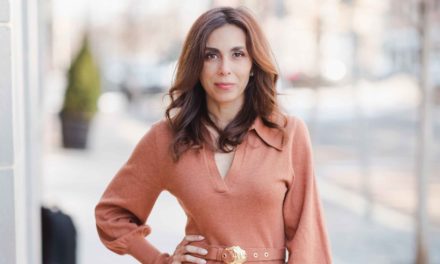By Karen Gresh
Two weeks into his first year as an MBA student at the Penn State Smeal College of Business in 2008, Joshua V. Barr suddenly needed to leave — in a hurry.
Some 650 miles to the south, his brother was fighting for his life. A bank vice-president in the brothers’ hometown, he had been critically wounded by a shotgun blast during a holdup.
Barr reached his brother’s bedside, and his brother lived.
Although the incident would leave his brother with lifelong challenges, Barr was soon able to return to Penn State. There, he says, he was impressed anew with “a community that was very kind and understanding.”
In general, to him, “Smeal just had the right people. They came from different parts of the country and from different countries.” Living outside his home state for the first time in his 27 years, he loved that his roommates were from Cameroon and Nepal.
The Barr brothers and their siblings grew up in Sumter, South Carolina. Barr entered Smeal with a bachelor’s degree from Francis Marion University in Florence, S.C. and a law degree from the University of South Carolina.
His experiences at Smeal, where his concentrations were general management and leadership, laid the groundwork, he believes, for the life that followed — a life that even includes an Emmy-winning documentary.
“The Smeal MBA program put you in a team throughout your first year,” he says. “You worked closely with a small group and got to know people from around the country and around the world.”
As vice-president of marketing for the student association, he created events that brought the community together. They included talent shows, potlucks, tailgates, and the Blue and White Ball.
“My goal was to liven it up and make the educational experience an enjoyable one,” he says.
A GLOBAL PERSPECTIVE
Barr had barely been out of the country before enrolling at Penn State. As part of his Smeal Global Immersion, which exposes professional graduate students to the risks and benefits of operating on a global scale, he traveled to Chile for a week.
The cultural experience prompted him to undertake, with his Cameroonian roommate, a volunteer immersion in Colombia, where they put together a presentation on institutional corruption.
When he was about to receive his MBA in 2010, Barr accepted a job offer from a Colombian university.
With a six-month contract and only a rudimentary knowledge of Spanish, he arrived in Colombia in July 2010. Over the next two years, his contract was renewed three more times. He taught international law and business and served as international legal counsel for a corn products company.
He also helped start a foundation called English for Everyone (GSC Inglés Para Todos). Composed of national and international volunteers and using advanced methodologies, it taught children living in vulnerable communities in the city of Cali.
A FIGHT FOR EQUALITY AND HUMAN RIGHTS
Returning to South Carolina in 2012, Barr practiced in a family member’s law firm. In 2013 he joined the South Carolina Human Rights Commission as staff counsel, later adding the title director of fair housing.
Barr eventually laid the foundation for the state civil rights department to be more aggressive in fighting rights violations. He filed multiple fair housing actions in state court and produced the highest number of probable-cause discrimination cases in the state at that time.
The commission’s offices in Columbia looked out on the State House grounds, on which flew a Confederate flag. Although years of impassioned agitation had failed to accomplish its complete removal, the flag by the time of Barr’s arrival had been moved from atop the building to a flagpole in front of the State House.
When nine worshipers were murdered at Charleston’s Emanuel African Methodist Episcopal Church, calls to remove the flag erupted anew in Columbia. Emotional demonstrations took place daily, and Barr waded into them repeatedly. He talked to those who wanted the flag to go, and he talked to those who wanted it to stay. “Listening to both sides,” he said, “I found issues deeper than the flag.”
Barr’s job took him around the state, working with communities, especially rural ones. He wasn’t finding signs of substantive change. “I didn’t want to be a hamster on a wheel,” he said.
On behalf of the commission, Barr drafted a plan to address discrimination. But, he said, “once it was time to go, people backtracked.”
Barr left South Carolina government in October 2015. Two months earlier, the Confederate flag had been driven away from the State House grounds in an armored van.
FINDING COMMON GROUND
Barr became director of civil and human rights for the City of Des Moines, Iowa, where his office conducts civil rights investigations. “We work on policy change and people change,” he said. Thus far in his tenure, he has increased the number of complaints filed in his office by 170 percent and the number of probable-cause discrimination cases by 500 percent.
“When I first went to Des Moines, I had lots of lunches with new people,” he said, “but I found I wasn’t really getting to know them that way. Finally, I said, ‘Just come to my house for dinner.’”
Eventually Barr realized that dinners might help many other diners find common ground. Building on a successful program called Bridging the Gap, his office orchestrated imaginative pairings of diners who might hold very different views.
“We started actively recruiting to find volunteers,” Barr said. “Two hundred people filled out a survey through a variety of organizations.”
The groups ran the gamut of cultural and political viewpoints. Barr and his staff interviewed 70 people over two weekends, selecting 34 of them to form 17 dining couples. All told, the project took five months to complete.
Results were dramatic. “I thought there was no group I was prejudiced against,” a participant said, “but I was wrong,”
Barr served as executive director of a video production about the dinners. Breaking Bread, Building Bridges won a 2020 Governor’s Emmy Award presented by the Upper Midwest Chapter of the National Academy of Television Arts and Sciences, the most prestigious Emmy awarded by the chapter. Available on both YouTube and Facebook, the documentary reflects Barr’s belief that “most people have evolutions, not epiphanies.”
The Emmy is one of more than a dozen awards and recognitions Barr has garnered since his days at Penn State Smeal. Just turning 40, he believes the values and experiences he took with him from the college have influenced his life, career, and even, perhaps, his personality.
“That’s where I found some of the most welcoming people,” he said.

